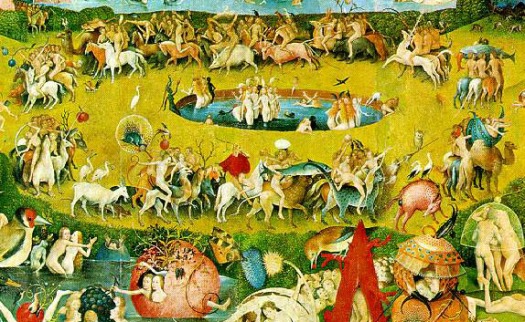We hope to contribute to the field by gathering connections among multiple fantasy traditions, ranging from the complexities of classical mythology to long nineteenth-century fairy tale collections, the cognitive literary analysis of folk traditions to issues in translation of fantastic texts, and beyond. By doing so, we will explore the role of fairy tales, folk tales, and fantasy texts as spaces of multi-cultural invention and intervention.
Topics might include, but are not limited to:
- Current theories in analyzing fairy tales, folk tales, and fantasy literature
- Complexities around representations and interpretations of the fantastic and the speculative both within and beyond historical contexts and period categorizations
- Problems in translating elements of the fantastic across cultures, disciplines, and geographic areas
- How the fantastic relates to constructions and representations of gender and ethnicity
- Perceptions of the fantastic within/across generational and inter-generational contexts (e.g. children’s literature, young adult fiction, etc.)
- Exploring genre classifications and boundaries within the fantastic and the speculative (touching on the gothic, the uncanny, mythologies, romances, the monstrous and science fiction to name a few examples)
- Recently discovered texts (visual, vocal, written, and others), reimagined, and/or adapted texts

- Connections across mediums that deal with the fantastic – art, literature, film, music, drama, graphics
- Using fairy tales, folk tales, and fantasy literature in classroom, community, and digital contexts
We welcome proposals from postgraduate students, established scholars, independent researchers, writers, and artists from any background. Papers can be on any subject or discipline in relation to fairy tales, folk tales, and fantasy literature but we encourage these topics to question or address ideas and crossings of boundaries between/within conceptions of the fantastic and the speculative. Proposal abstracts must be between 200-300 words; please send abstracts, along with a biography (100 words maximum) of the prospective speaker(s), to reading.the.fantastic@gmail.com (using the phrase ‘TBB conference abstract’ in the subject heading).
As this conference has emerged from the Reading the Fantastic research initiative based at the University of Leeds, you may find it helpful to gain a sense of our activities thus far by looking at the www.reading-the-fantastic.tumblr.com site.
The deadline for the submission of abstracts and biographies is 31st January 2015.
Pingback: CFP: Reading the Fantastic: Tales Beyond Borders Conference (University of Leeds, 23-25 April, 2015) | Critical Pedagogies
Pingback: Reading the Fantastic: Crossing Borders of Culture and Disciplines | Critical Pedagogies
Pingback: Deadline Approaching: Call for Papers Ends 31st January 2015 | Reading the Fantastic: Tales Beyond Borders Conference